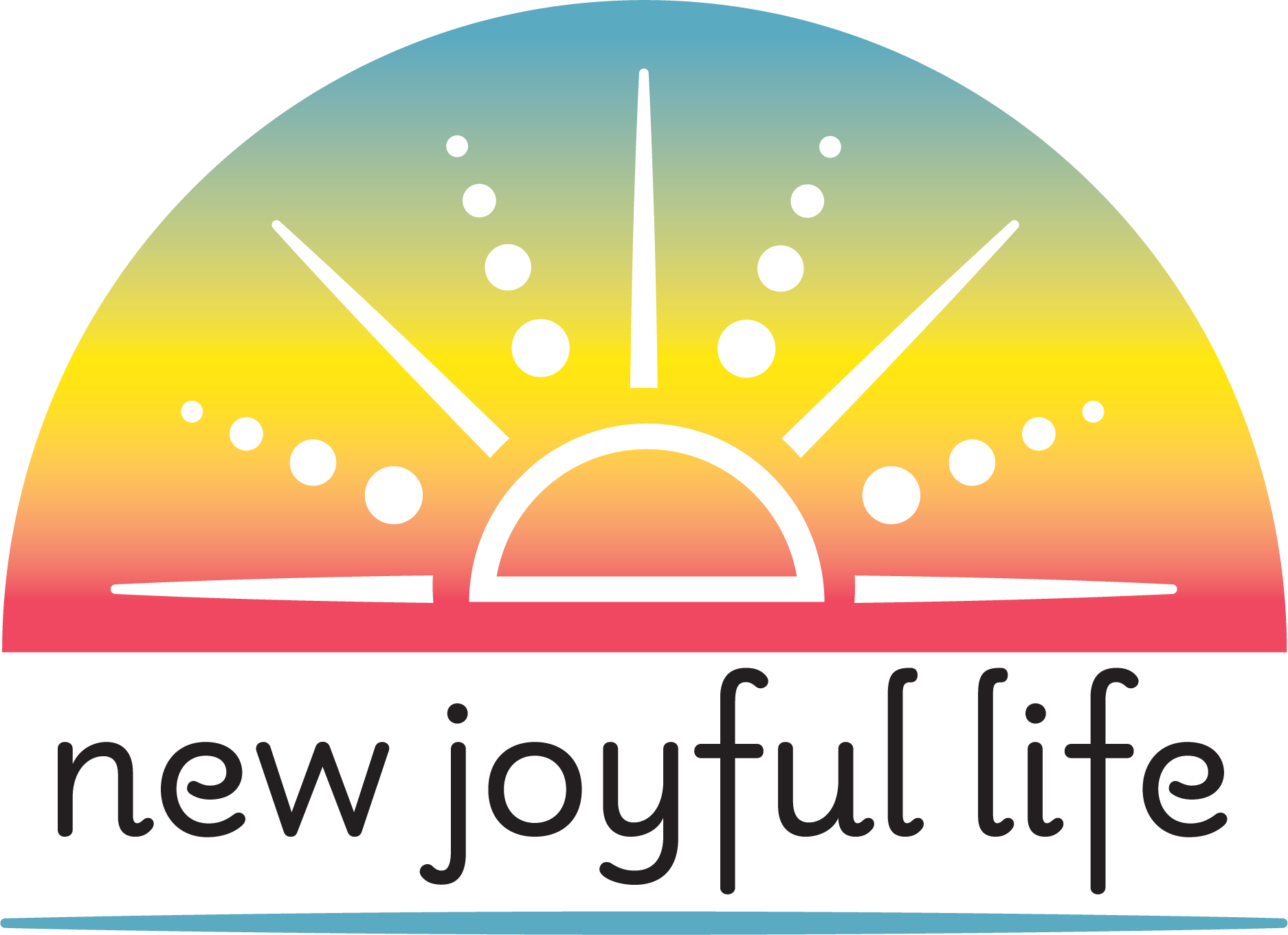Where do you turn for healing? In the last post I mentioned that psychotherapy and personal development helped heal my mind and heart. What about physical dis-ease?
Western medicine can’t be beat for putting people back together after an auto accident or a fall, being burned, or to save premature babies. Expert intervention saves lives, improving the quality of those lives. My daughter’s tumor removal surgery by an expert surgeon extended her years and her quality of life.
Acute medical conditions call for a doctor! Yet even years of scientific study, licensing and practice does not make doctors omnipotent. They still “practice” medicine. Other sources may best help in chronic cases. Reviewing results of traditional medical treatment versus alternative methods for a particular issue may be enlightening.
For example, some in the past put down alternative healers as “quacks,” which I heard doctors of chiropractic called when I was a girl. Now chiropractors are accepted into the mainstream, included on health plans, and respected. I wish they’d been acceptable to my parents when I landed on my chin at ages 3 and 15. A Doctor of Chiropractic may have corrected the curvature of my neck from those accidents, before a vertabra set backwards.
Some people use both traditional and alternative healers. This is the view that I prefer, not one or the other, but whichever is more likely to contribute to healing in that particular instance.
There are also faith healings, such as those by Jesus Christ (Matthew 9:35), performing miracles. After my daughter’s tumor removal, the surgeon came back in complete awe. I’d told him beforehand that many people fasted and prayed for her, and for him. Afterwards he told me that the tumor came out in one piece, peeling off the carefully-monitored nerve to her left arm with NO stress to the nerve. Hundreds of little tentacles relaxed, allowing the entire tumor to be lifted from her chest cavity. Also her father secretly prayed that the doctor would NOT need to cut through her collarbone to access the tumor, which would have caused many more months of healing. The surgeon said he had thought of a way to access the tumor without cutting her collarbone. He co-created a miraculous surgery!
People may have faith but not be healed (see Doctrine and Covenants 42:43), such as the Apostle Paul, who stated that his “thorn in the flesh” was not removed (2 Corinthians 12:7-10). Then the challenge becomes living with the infirmity, or dis-ease. Faith, prayers, and priesthood blessings can help provide comfort, peace, and answers. Pain may be alleviated with medications, herbs, or meditations.
How do you decide where to turn for healing? Different dis-eases may be addressed individually. Is the dis-ease a problem for which traditional medicine can best help? What is the track record of traditional medicine for this dis-ease? Are there other sources for alleviating this particular health crisis? Generally, when different kinds of healers agree, there is more credibility, with greater confidence in the results. Each person may take responsibility for their own health, searching out their own answers. These are some of my views on physical healing, based on my own experiences and knowledge. I hope that someday traditional and alternative healers will work together in harmony for the best interest of the patient, supplying the best of all available care for the particular needs of that individual.



